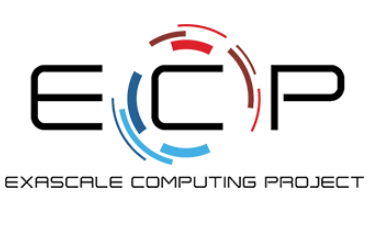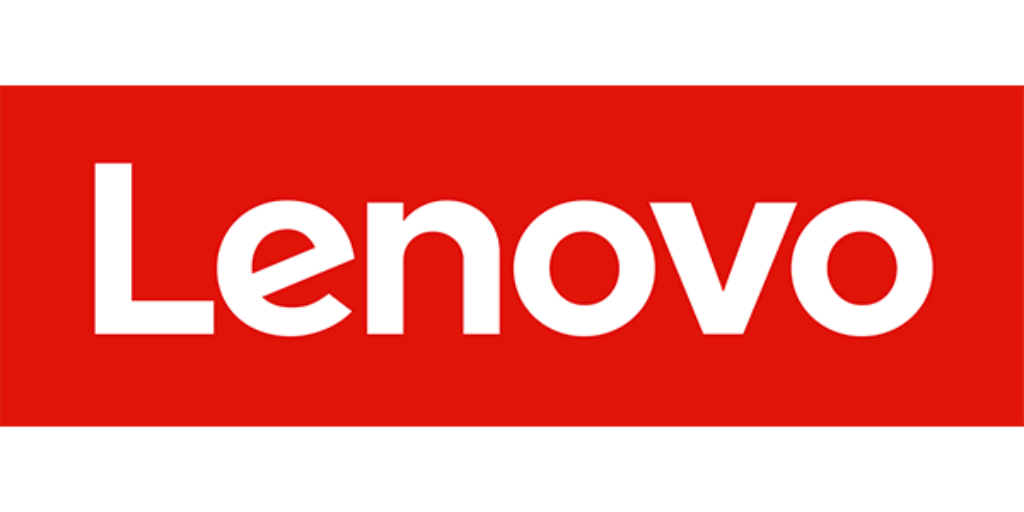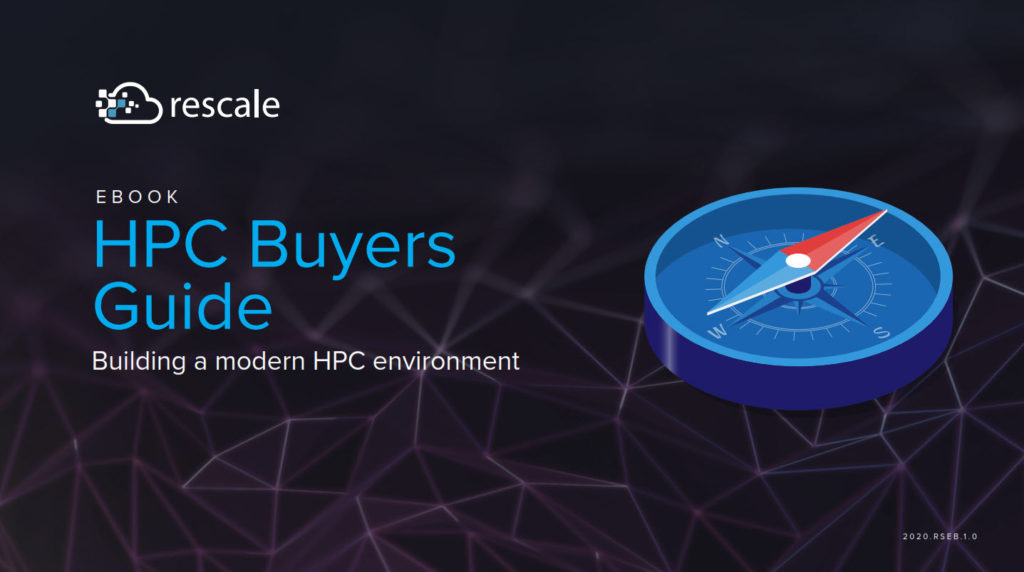The exascale computing era is here.
With the delivery of the U.S. Department of Energy’s (DOE’s) first exascale system, Frontier, in 2022, and the upcoming deployment of Aurora and El Capitan systems by next year, researchers will have the most sophisticated computational tools at their disposal to conduct groundbreaking research. Exascale machines, which can perform more than a quintillion operations per second, are 1,000 times faster and more powerful than their petascale predecessors, enabling simulations of complex physical phenomena in unprecedented detail to push the boundaries of scientific understanding well beyond its current limits. This incredible feat of research, development, and deployment has been made possible through a national effort to maximize the benefits of high-performance computing (HPC) for strengthening U.S. economic competitiveness and national security. The Exascale Computing Project (ECP) has been an integral part of that endeavor.
Seven years ago, DOE’s Office of Science and National Nuclear Security Administration embarked on a fundamentally different approach to advance HPC capabilities in the national interest. Within the HPC community, application developers, software technology experts, and hardware vendors tend to work independently toward producing products that are later integrated together. While effective, this process can at times create an implementation gap between software tools and how the applications can best utilize them to exploit the full performance of new, more advanced machines—slowing the realization of full computing capability. ECP recognized this challenge and strategically brought these different groups together as one community at the outset—fostering a computing ecosystem that supports co-design of applications, software, and hardware to accelerate scientific innovation and technical readiness for exascale systems.
source: Exascale Computing Project




